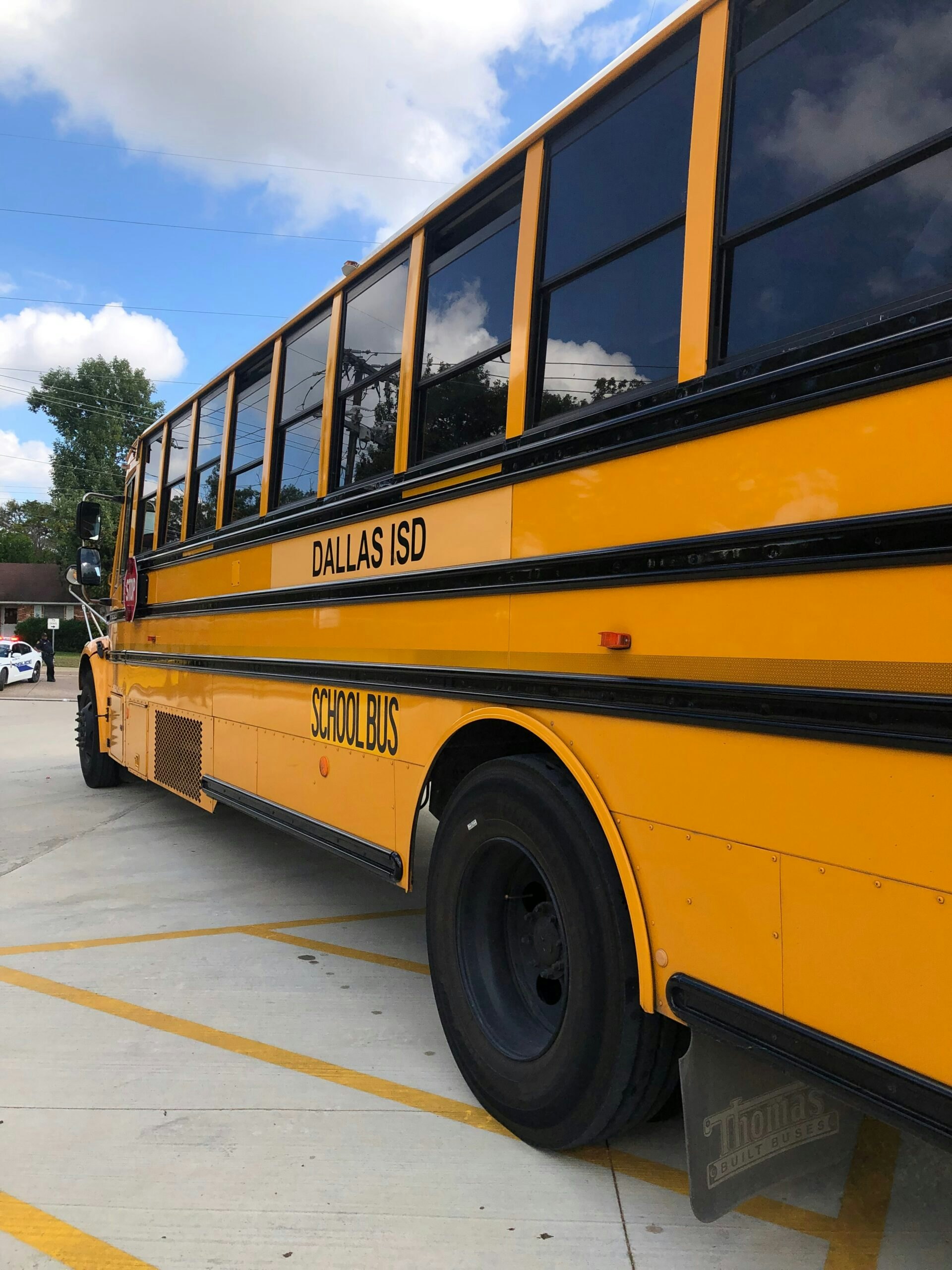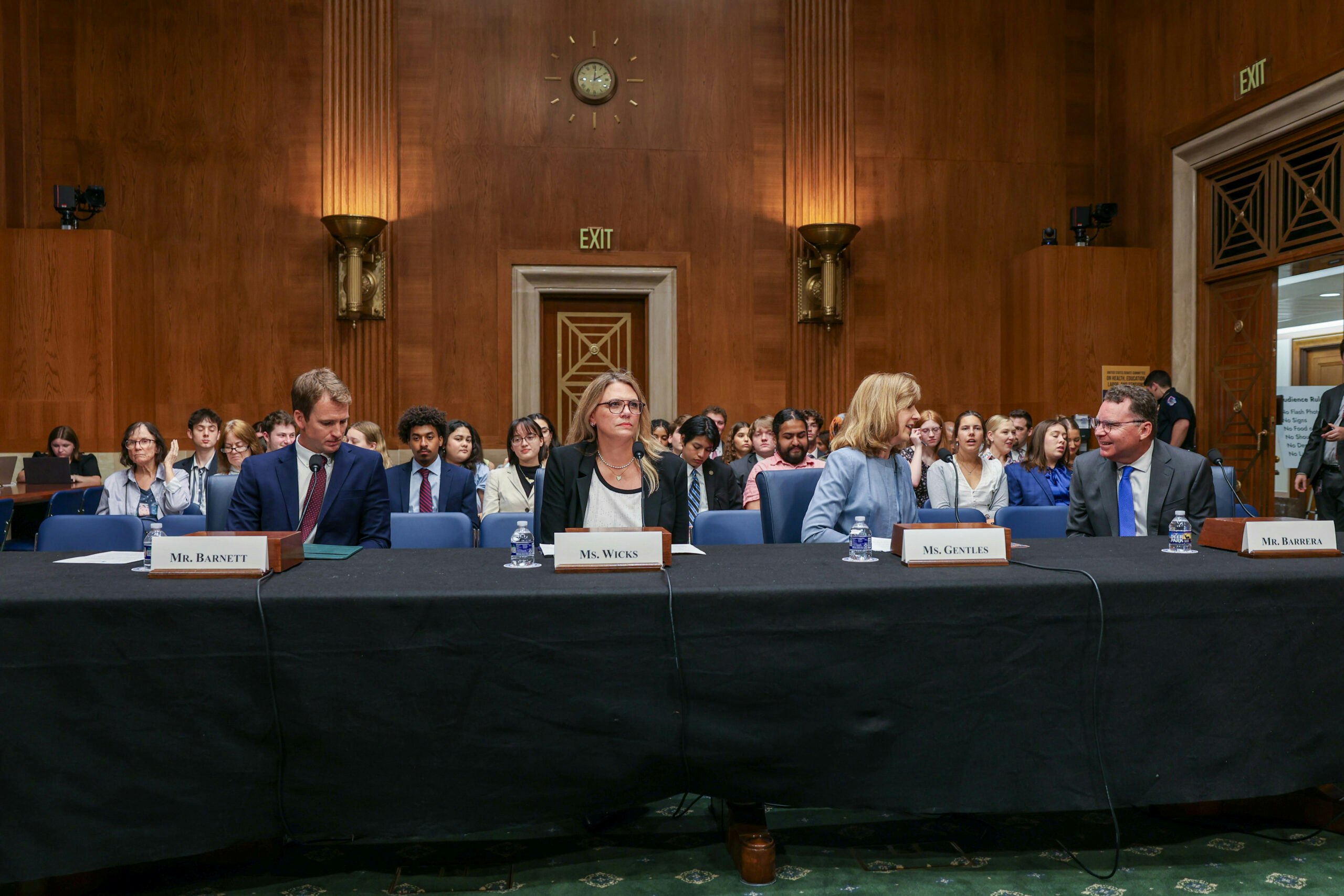The Trump administration ended Temporary Protected Status for Hondurans who have been allowed to live and work in the United States since 1999. What is the significance of this decision?
What impact will deporting nearly than 90,000 Hondurans have on the U.S. economy?
While losing nearly 90,000 workers will not cause a huge disruption in the broader U.S. economy, it will have profound effects on the communities and industries where Hondurans are concentrated. TPS recipients are legal immigrant workers who must pass regular background checks. They work in jobs that match their skills and education, allowing them to be full contributors to the economy. They pay taxes for Social Security and Medicare. They are important to our service sector, working in child care, hospitality, landscaping, and construction. Many are homeowners. Studies show that they participate in civic organizations, such as neighborhood or school associations, at rates similar to the U.S. population as a whole. Finally, they send remittances home, an important source of income for relatives in a struggling country like Honduras.
Are there other solutions than deportation, and what are they?
Immigrants with Temporary Protected Status do not have a path to obtaining legal permanent residency in the U.S. Any immigrant with TPS must otherwise qualify for a green card, either through a family member’s sponsorship or an employer’s sponsorship. In the case of Hondurans, this means that we are now asking people who have legally worked in the U.S., raised families with American citizen children, and contributed greatly to their communities for more than 20 years to return to a country with rampant violence, instability, and lack of economic opportunity.
Some Hondurans will comply with the order to leave the country. I predict that most will stay in the communities where they have built lives and work illegally rather than uproot their families to the chaos of their home country.
The solution here is an easy one that the Department of Homeland Security refused to take: simply extend TPS for Hondurans. The harder solution is for Congress to pass legislation reforming the TPS program to provide a process by which recipients may apply for legal permanent residency in the U.S.




























